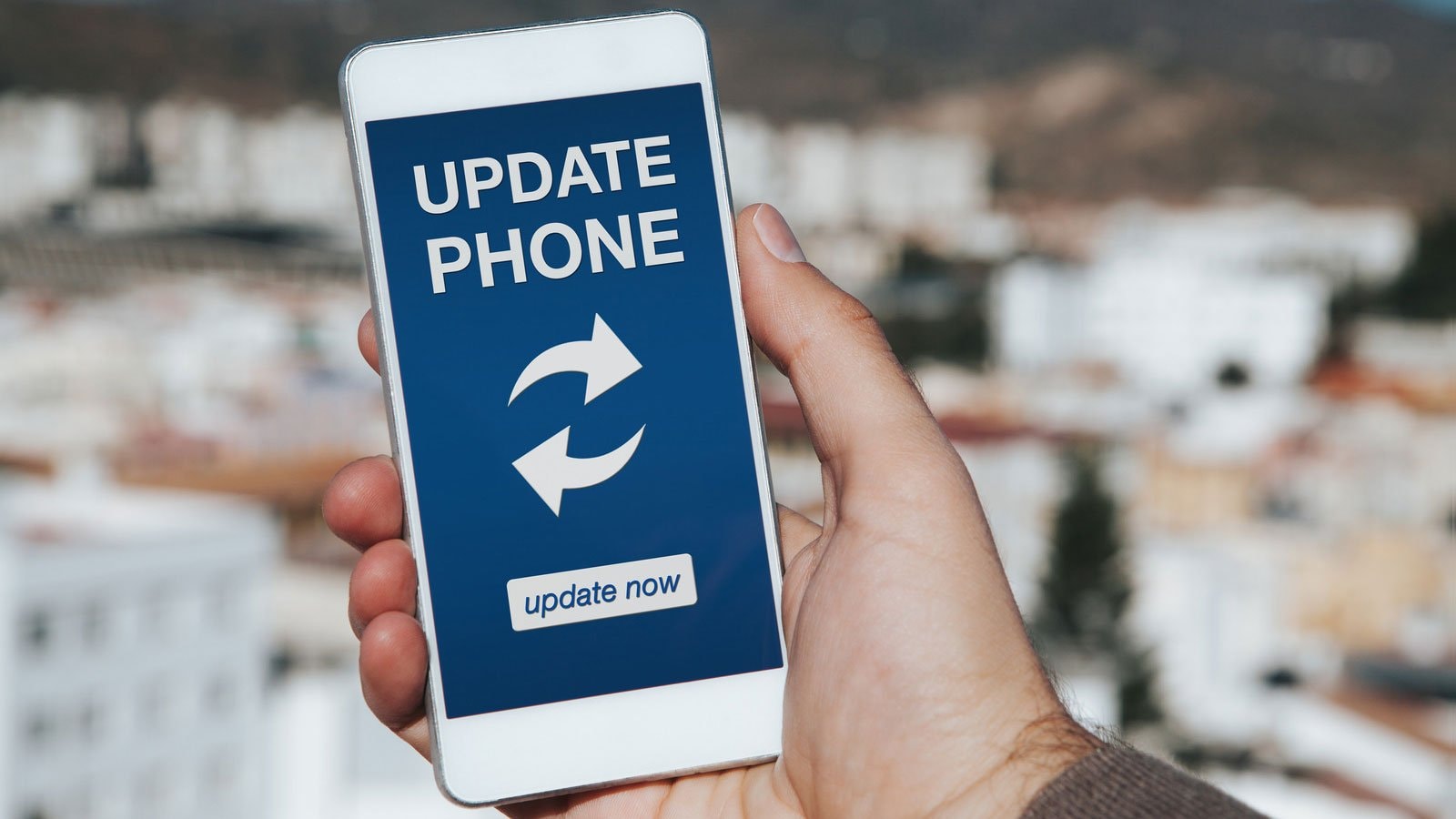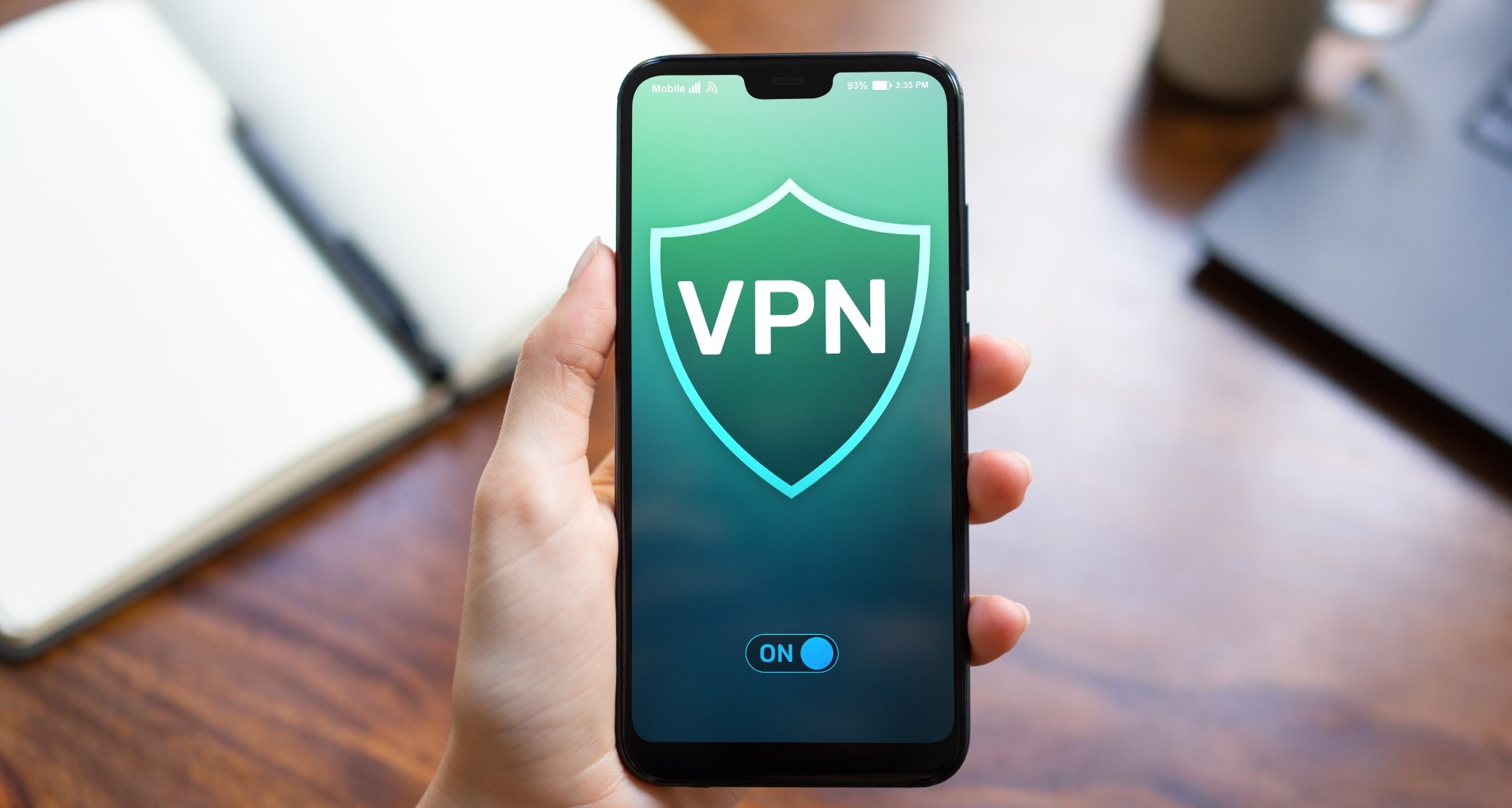8 Simple Tips to Protect Your Smartphone from Hackers
Smartphones have become an indispensable item for many people, containing a lot of important personal information. However, along with convenience comes cybersecurity risks. Hackers are increasingly sophisticated, always looking for ways to break into and steal data from your phone.
Having your phone hacked is like a nightmare. Imagine, in a split second, hackers can penetrate every corner of your digital life, from social media, email, shopping accounts to sensitive information like banking.
The result is a long series of "headaches" with changing passwords, locking credit cards, contacting banks and service providers, and endless worries about unpredictable damages.

Instead of waiting until the last minute, take the initiative to build a solid defense for your phone. Don't wait until the cow is gone to build a stable, take action today to protect your privacy and data security.
This article will "reveal" 8 simple but effective "tips" to help you "immune" to sophisticated hacker attacks.
1. Use a password lock or facial recognition or fingerprint
When many people think of being hacked, they imagine a hacker sitting somewhere far away, typing a series of complex codes to break into their device. While this is sometimes true, the reality is often much simpler and less dramatic.
A cyber attack is simply when someone gains unauthorized access to the data on your device. If someone gets hold of your phone and accesses your data without your permission, you've essentially been hacked.

The first line of defense for your mobile device is a passcode, facial recognition, or fingerprint sensor.
While no technology is 100% secure, enabling a screen lock or authentication method will keep out most bad guys if they accidentally (or intentionally) get their hands on your phone.
Setting a password may be a bit inconvenient, but it's nothing compared to the hassle of being hacked.
2. Back up your phone regularly
Backing up your phone regularly is an important habit with many benefits. Even if you don't lose or have your phone stolen, a complete backup will make the transition to a new device easier and faster.
In the worst case scenario, if your phone is lost or stolen, you can remotely wipe the data and rest assured that all your important information is still safe.
Remember, if you don't have at least 3 copies of your data, it's not really secure.
3. Don't store passwords or sensitive information on your phone
It's best not to store passwords or sensitive information like credit card details or personal data directly on your phone.
If your device is hacked and an attacker gains access to this information, the consequences can be serious. Hackers could steal your sensitive information or even drain your bank account.
If you need to store your passwords on your phone, use a reliable password manager. Even if you're on a tight budget, you can find free options.
Password managers work by requiring one master password to unlock all your logins, so create a strong but memorable password. Most importantly, never store that master password on your phone.
4. Only download apps from official app stores
This is especially important for Android users, as Apple's app approval process is much more stringent than Google's.
Furthermore, Android allows installation of third-party apps, which also means a higher risk of downloading malicious apps.

Photo: Internet.
Also, be careful about the permissions you grant to apps. Many apps ask for access to your camera, microphone, photos, and other personal data. While some have legitimate reasons, not all.
Don't easily accept every access request, you may accidentally reveal more information than necessary.
5. Always update your phone's operating system and applications
While delaying updates may seem convenient, most updates contain important security patches or performance improvements.
If there are vulnerabilities in your operating system or apps, you can be sure that hackers will exploit them. By regularly updating your phone and apps, you will always be one step ahead of potential threats.

Also, if there are any apps you no longer use, it's best to delete them to minimize security risks and free up device space.
6. Always use two-factor authentication security
Two-factor authentication (2FA) is an extra layer of security that helps protect your account. Instead of just requiring a password, 2FA requires a second verification method to confirm your identity, reducing the risk of compromise.
There are different forms of 2FA, including SMS codes, authenticator apps, Bluetooth connections, and even physical security keys.
Each method offers different levels of security, so understanding how they work will help you choose the one that's right for you. However, when it comes to phone security, a physical security lock is still the safest option.
7. Use a virtual private network
When browsing the web on public Wi-Fi, always use a virtual private network (VPN). VPNs hide your IP address and encrypt all data sent through them, making it difficult for attackers to track or steal your information.
Not only does this keep you safer when shopping online, it also protects your personal data from being leaked.

Photo: Internet.
Without a VPN, your IP address is exposed, opening you up to remote hacking. This is a way for hackers to use your IP to gain access to your phone or other devices.
VPNs help prevent this by replacing your real IP address with the VPN server's IP, reducing the risk of remote attacks and increasing the security of your device.
8. Have a plan B if your phone is stolen or hacked
If your phone is unfortunately hacked or stolen, it's important to have a plan of action in place to quickly limit the damage hackers can do.
Remotely wipe data immediately
Don’t wait until you lose your phone to figure out how to remotely wipe it, do your research ahead of time and be prepared to do it if necessary. The sooner you do it, the less likely you are to expose your personal information.
Locate your device
After erasing your phone, try to locate it using tools like Find My iPhone (iOS) or Google's Android Device Manager. Even if the device has been factory reset, you may still be able to track its location in some cases.
Protect your financial accounts
If you suspect that a hacker has accessed personal information such as your bank account or credit card, immediately contact your bank to lock the account and disable the card. Also, freeze or lock your credit so the attacker cannot open new accounts in your name.

.jpg)
.jpg)



